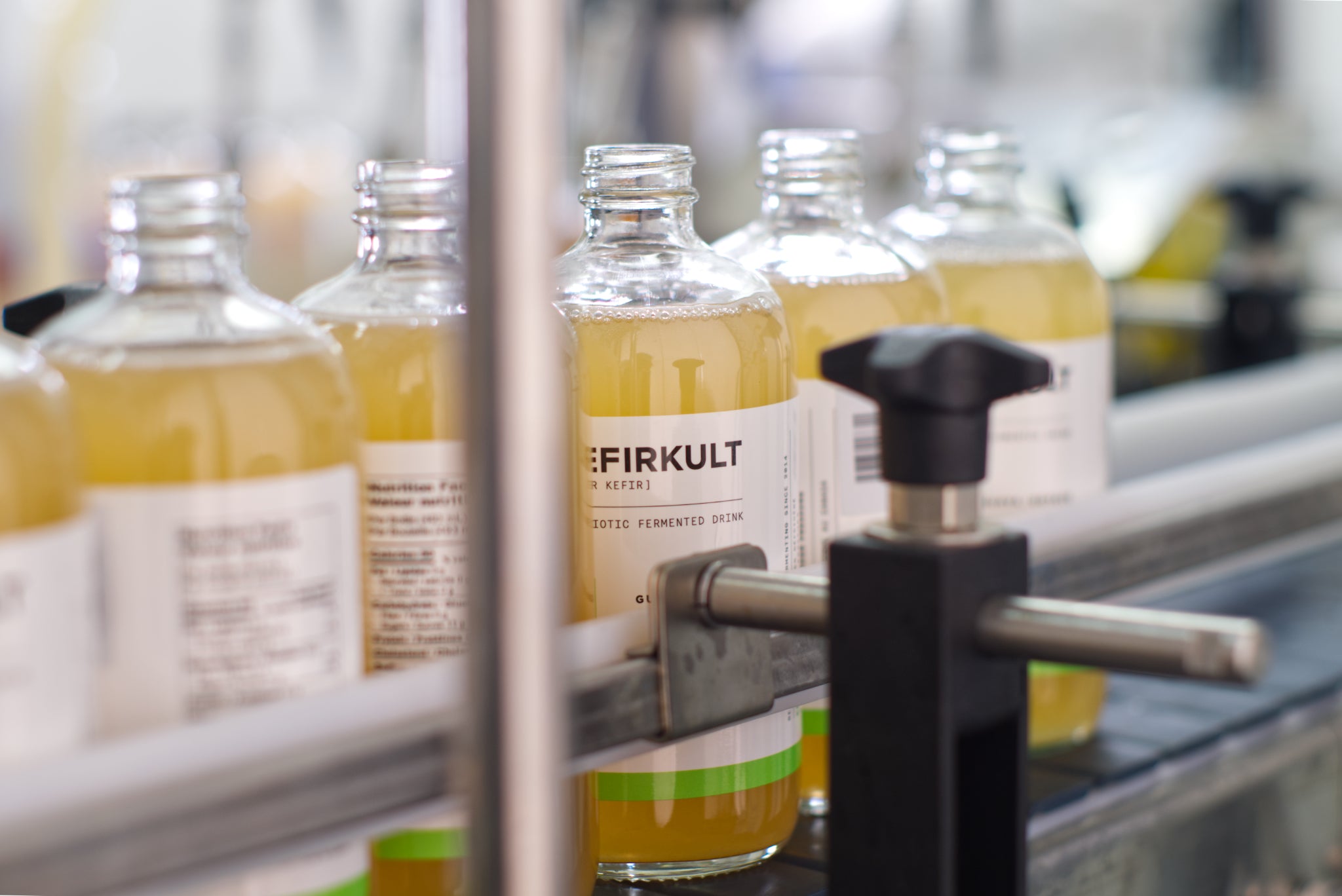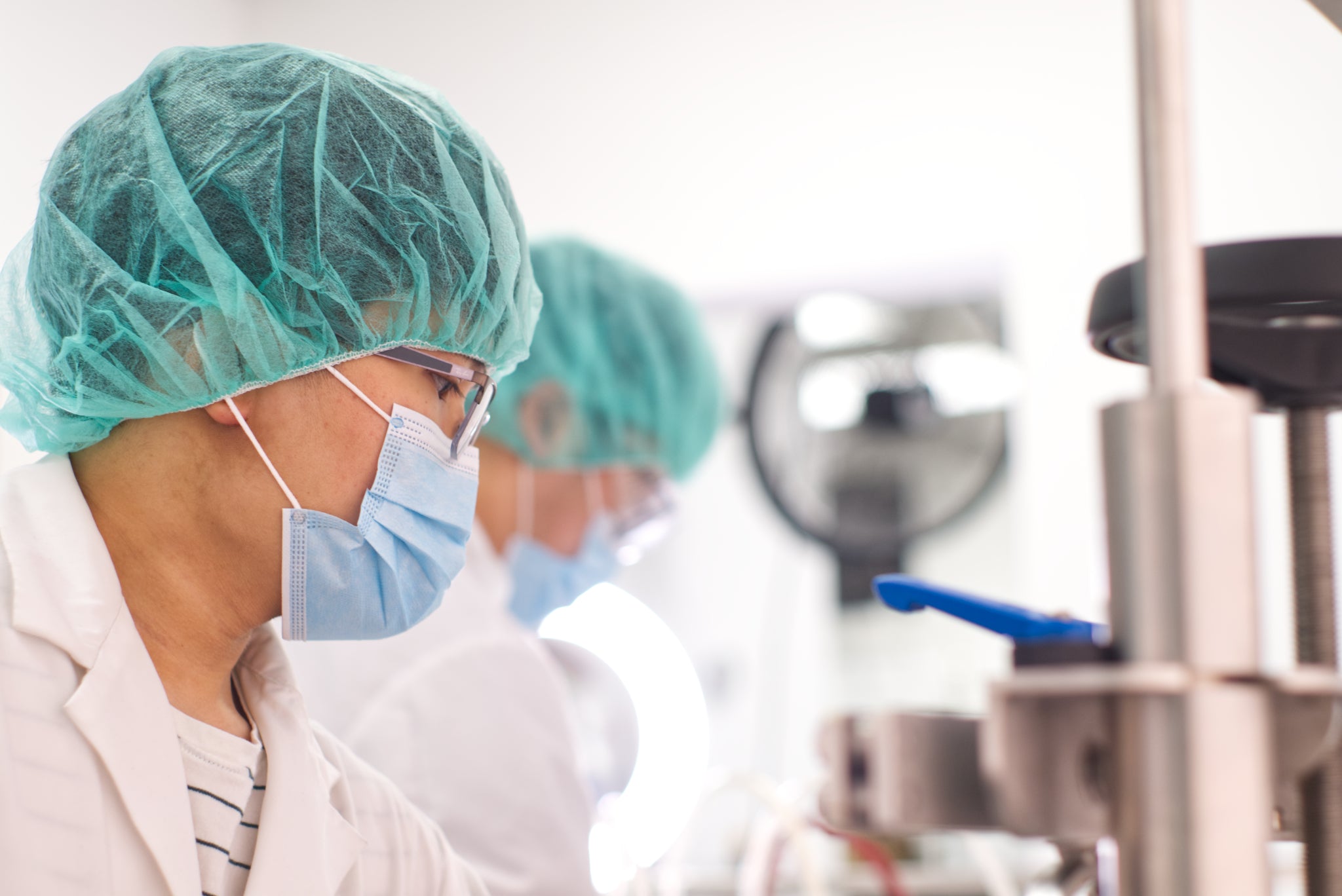Revolutionizing Food Production: Integrating Technology and Sustainability for Better Probiotic Foods

Introduction:
As our understanding of the importance of gut health and probiotics continues to grow, so too does the need for sustainable and innovative food production practices. In this blog post, we'll explore the significance of improving production methods in the food industry, with a focus on probiotics, and delve into the exciting potential of integrating modern technologies used in pharmaceuticals and vaccines into the production of everyday foods.
The Importance of Sustainable Food Production
As the global population continues to rise, the demand for food, especially health-promoting items like probiotics, increases. Sustainable food production practices are essential to meeting this demand while minimizing environmental impacts and ensuring equitable access. These practices involve the responsible use of resources, reduced waste, lower energy consumption, and a commitment to ethical and environmentally friendly methods.
Probiotics: Ensuring Quality and Efficacy
In order to maximize the health benefits of probiotics, it is crucial to maintain the viability of beneficial bacteria throughout the production process. This includes careful selection of bacterial strains, appropriate storage conditions, and proper encapsulation techniques. Adapting pharmaceutical industry standards and technologies can help enhance the quality, potency, and shelf-life of probiotic products, ensuring consumers receive the desired benefits.
Integrating Pharmaceutical Technologies into Food Production
One intriguing possibility for revolutionizing food production is the integration of modern pharmaceutical and vaccine technologies. For example:
a) Fermentation technology: The pharmaceutical industry has long utilized fermentation to produce various drugs and vaccines. This same technology can be applied to probiotic food production, resulting in improved efficiency and the creation of more diverse and robust strains of beneficial bacteria.
b) Microencapsulation: Widely used in pharmaceuticals for drug delivery, microencapsulation can protect probiotic bacteria from environmental stressors, such as heat, moisture, and stomach acids, ensuring their survival until they reach the gut.
c) Quality control and traceability: Adopting strict quality control measures and traceability systems from the pharmaceutical industry can help ensure the safety, efficacy, and quality of probiotic food products.
The Role of Technology in Sustainable Production
Advanced technologies, such as artificial intelligence, machine learning, and precision agriculture, can optimize food production processes, minimize waste, and reduce environmental impacts. For example, smart farming techniques can improve soil health and reduce water and energy consumption, while innovative food processing and packaging methods can extend shelf life and reduce spoilage.
Collaborative Efforts for a Healthier Future
The integration of cutting-edge pharmaceutical technologies into food production requires collaboration between various stakeholders, including food manufacturers, government agencies, researchers, and consumers. By working together, we can create a more sustainable and innovative food industry that prioritizes health, well-being, and environmental responsibility.
Conclusion:
The pursuit of better food production practices, especially for probiotics, is essential in the face of increasing global demand and environmental concerns. Integrating modern pharmaceutical and vaccine technologies into the food industry presents an exciting opportunity to revolutionize how we produce, process, and consume food, ultimately contributing to a healthier, more sustainable future for all.

